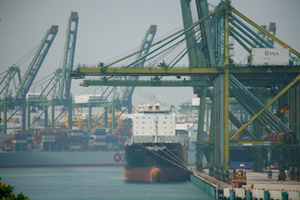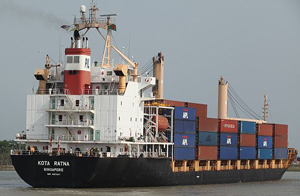Jean Heilman Grier
Jean Heilman Grier has more than 25 years of experience in international trade as a US trade negotiator, lawyer, and adviser, and has written extensively on international trade issues. Most recently, she was the Senior Procurement Negotiator with the Office of the United States Trade Representative. She is a principal in the consulting firm, Djaghe, LLC, and writes regularly on trade issues at: http://trade.djaghe.com.

- Industry and trade

